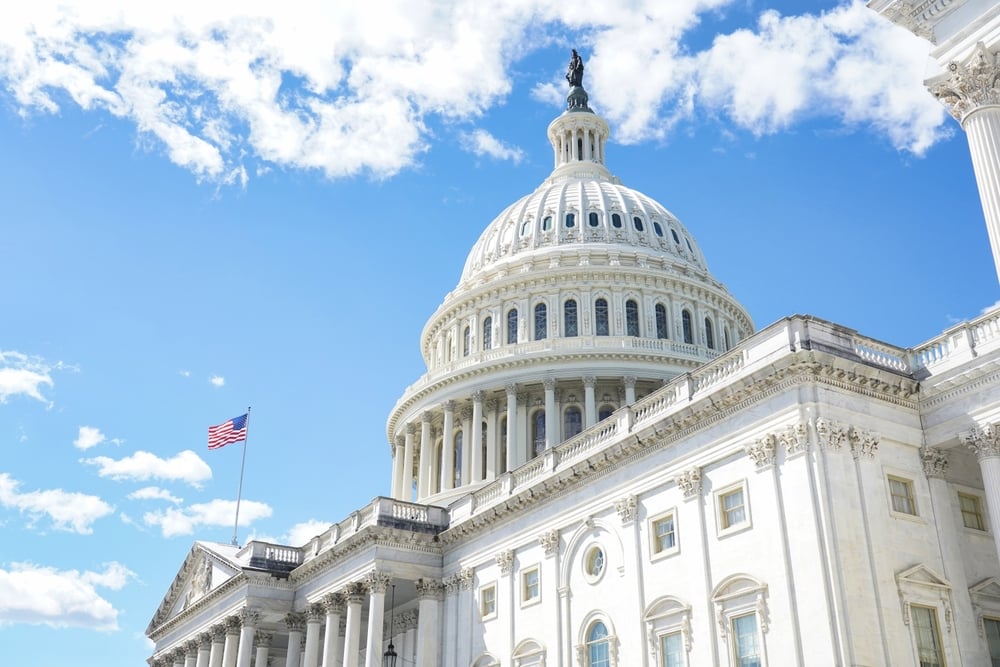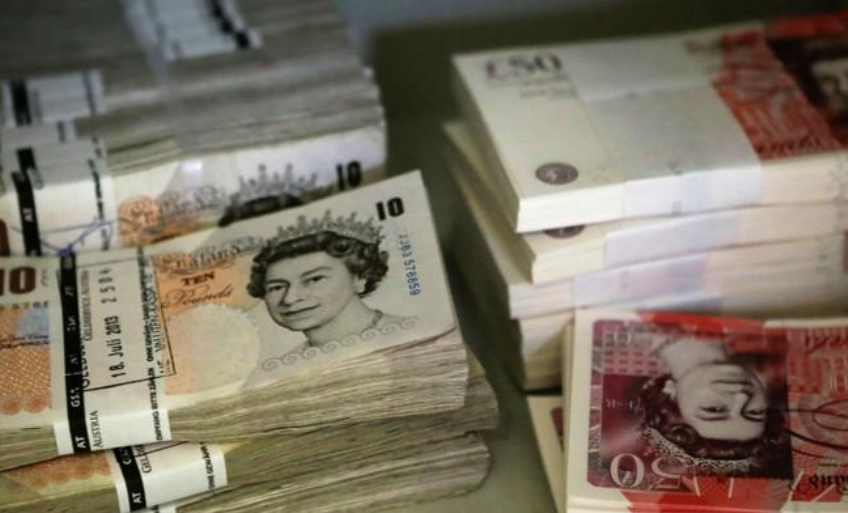Publisher: Maaal International Media Company
License: 465734
Automotive Industry in Saudi Arabia…More steps and ambitious plans
Saudi Arabia is developing an ambitious plan to diversify the economy away from dependence on oil revenues, as it recently launched the electric car industry locally.
Industrial destination:
The electric car industry initiative is part of the kingdom’s ambitious diversification drive to wean itself off its dependence on oil income, its main source of revenue as the world’s largest energy source. It intends to pump billions of dollars into the project to establish a center for the manufacture of electric cars, with the aim of producing 500,000 cars annually by 2030.
اقرأ المزيد
According to a recent report in the “Financial Times” newspaper, the US-based Lucid Motors Company, in which Saudi Arabia acquired a majority stake at a cost of nearly two billion dollars, plans to produce about a quarter of the target number in the Kingdom.
Tough competition:
Saudi Arabia hopes that the transition to electricity will give the country a better chance of success as it is very difficult to break into the gasoline engine market due to the dominance of automakers in Europe, the United States and Japan.
For his part, a Saudi official said that the electric car market provides a more level playing field than gasoline engines, and will put the Kingdom in the face of other major electric car producers such as China, Germany and the United States.
In addition to Saudi Arabia’s economic potential, which enables it to acquire a stake in electric car manufacturers.
While Monica Malik, chief economist at Abu Dhabi Commercial Bank, said, referring to the electric car sector: It is a sector that is already developed, that the Saudis can buy and invest in instead of building something from scratch. It is gaining traction in global usage and is playing a role in the energy transition process as well.
Pointing to the difficulty of competition, especially China, with its strong base for manufacturing electric cars, strong technology, high productivity, and cheap labor costs.
Nevertheless, the manufacture of electric cars is planned as an important pillar in the Kingdom’s diversification campaign, which is being supervised by the Public Investment Fund with a value of $600 billion.
Expected goals:
Plans to diversify the economy aim to expand the local workforce, teach workers new skills and create jobs in the private sector, while attracting foreign direct investment.
According to the newspaper, the country’s broader economic plan includes the construction of a futuristic new city, “Neom”, a financial center in Riyadh, and tourist resorts. Saudis will also continue their spending spree on sports and technology companies abroad
Producing electric cars is central to the initiative as the kingdom seeks to benefit from the expected expansion of the industry. The International Energy Agency has said that electric cars must account for about 60% of cars sold annually by 2030, if net-zero emissions targets are to be reached by 2050.
Sir, the first electric vehicle brand in the Kingdom of Saudi Arabia, is a key component of the initiative. The company will design, manufacture and sell a range of electric cars, including sedans and SUVs, for the GCC region. The distribution plan of “Sir Motors” will focus on the markets of the Middle East region, which the country hopes will produce 170,000 cars annually, in partnership with the Taiwanese technology group Foxconn and BMW.
The first cars are scheduled to go on sale in 2025.
The Public Investment Fund also acquired a majority stake in Lucid Motors, which plans to produce 150,000 cars annually in the Kingdom in 2025, and signed contracts with Hyundai and the Chinese Enovate Group for electric cars.
Expected benefits:
Tariq Fadlallah, CEO of Nomura Asset Management Company in the Middle East, said that establishing an electric car industry will significantly reduce the Kingdom’s import bill.
The transport sector represents about 15% of the Saudi import bill and is the largest consumer of foreign currency. There is a great incentive to replace these imports with locally produced cars
In the context, experts in the industry see that there are headwinds, as chip shortages and high prices for metals needed for batteries threaten development in this field.
Pointing out that the recession that hits all over the world is likely to restrict the expansion of the electric vehicle sector.
With these challenges in mind, the Public Investment Fund launched an offshore mining investment company to secure its supplies of lithium and other metals used in batteries.
Meanwhile, Australian battery maker EV Metals plans to set up a lithium hydroxide plant in the kingdom.
The Lucid Motors and Ceer plants will be located in King Abdullah Economic City, an area on the Red Sea that was built to attract investment and boost the economy, and which will serve as a hub for the supply chain, according to the city’s CEO, Cyril Biaea.









